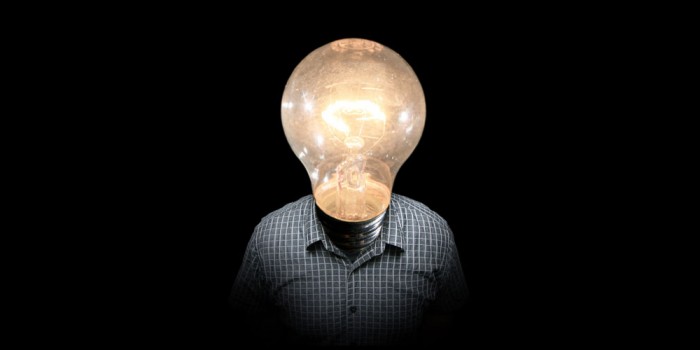We’re rapidly approaching that time of year when people have sought to cheer themselves up by the giving and receiving of gifts. Realising that many of you will be worrying about what to buy me, I thought now was probably the time to shine a light on the psychology of gift giving by means of a quiz. As with all the best quizzes (I really mean worst), there is no prize beyond the satisfaction of knowing your true gift-giving prowess. Would it be a good idea to ask me what I would like as a gift? a. Yes, you’d like it more if you got something you’d asked for b. No, you’d be more delighted by a surprise c. It doesn’t make a difference, each would be received equally. I tell you that what I would like as a present is either a CP Thornton Guitar, a Fender Custom Shop EC Tremolux Amplifier […]






Recent Comments